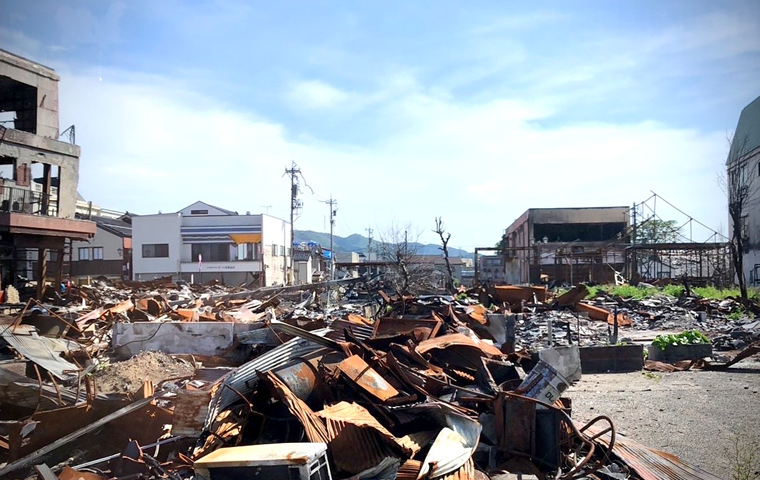Can China Be a Mediator?
Related Articles

From the start, China has consistently viewed the war in Ukraine within the framework of a major-powers confrontation, instead of a bilateral war between Russia and Ukraine. Showing its understanding for Russia’s claim that the Ukraine issue is “a complex and particular historical state of affairs” and for “Russia’s reasonable concern on security issues” on NATO’s eastward expansions, Beijing has been appealing the “indivisibility of security.” The indivisibility of security is a concept of ensuring “common security” by considering the standings of other countries to overcome the security dilemma caused by enhanced security.
For China, eyeing a long-term competition with the U.S., deepening ties with Russia is regarded as “a strategic choice made by both countries based on their national and fundamental interests” in its foreign policy, as Xi Jinping said during his state visit to Russia in March 2023.

Beijing released a 12-point position paper titled “China’s Position on the Political Settlement of the Ukraine Crisis” on February 24, 2023. Some media call this a “mediation plan.” Yet, the details are in Russia’s favor, and as the title suggests, this is a self-serving proposal for China to join the massive reconstruction project. When Chinese Special Representative for Eurasian Affairs Li Hui toured Europe in May 2023, he called for an immediate ceasefire in Ukraine with Russia keeping the occupied territories, according to a report by Russia’s state-owned TASS news agency that quoted a U.S. media news (denied by the Chinese Foreign Ministry on May 29). China’s “mediation” is not fair to Ukraine.
Concerning the war in Ukraine, some expect China to represent the Global South that does not take sides with either the West or Russia. But I am skeptical of this too.
There is no clear definition of the “Global South,” a collective term for emerging and developing countries. Since the name refers to relatively poor countries and the political alignment of the vulnerable “south side” of the North-South issue, in general, it does not include China, the world’s second largest economy. By not siding with the West nor China/Russia, the Global South is a tough player that seeks to extract benefits from both sides and is not necessarily monolithic.
This is a translation of the Japanese article published in vol. 80 (Jul./Aug. 2023) of the Gaiko (Diplomacy) magazine.
Emi Mifune is a professor at Komazawa University.




